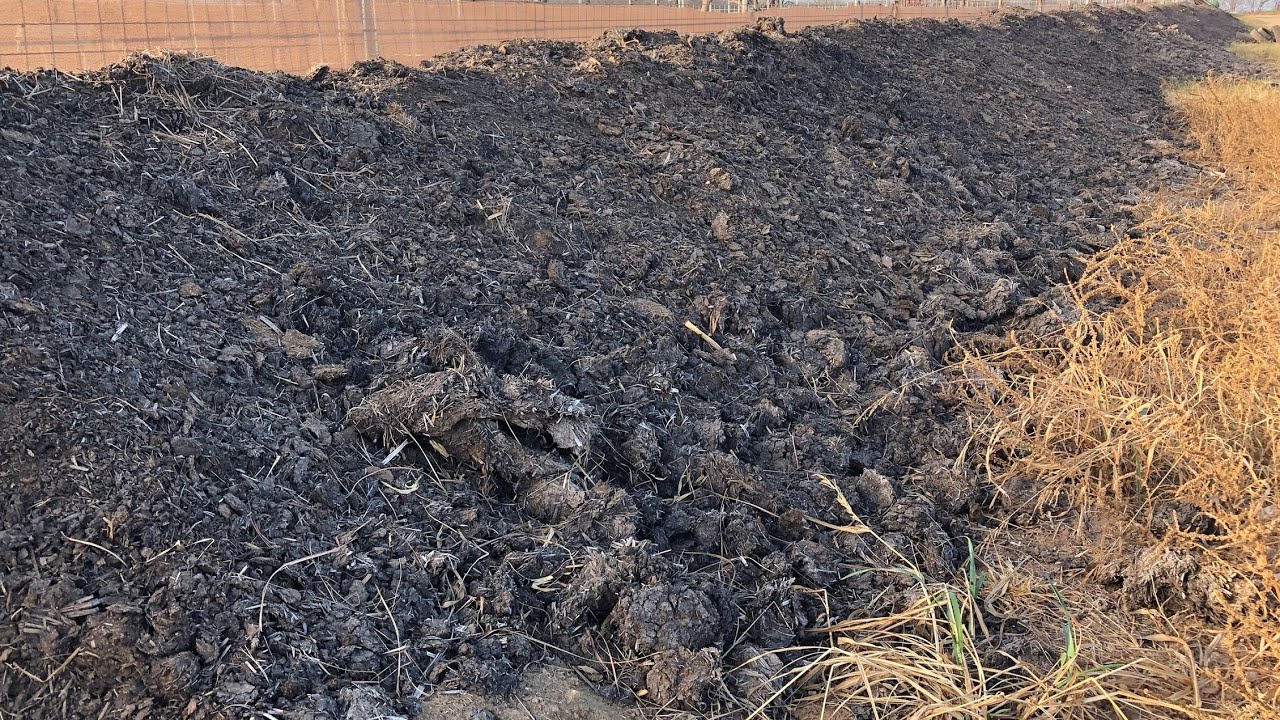Introduction
Donkey manure is gaining attention among gardeners as a natural fertilizer option. But is donkey manure good for your garden? This article explores the benefits, potential drawbacks, and best practices for using donkey manure to enrich your soil and boost plant growth. Whether you’re an experienced gardener or curious about sustainable fertilizing methods, understanding donkey manure’s role can help you make informed decisions for a thriving garden.
What Makes Donkey Manure Beneficial for Gardens?
Donkey manure is valued for its nutrient content and soil-enhancing properties. It contains key nutrients like nitrogen, phosphorus, and potassium—essential for healthy plant development. Compared to horse or cow manure, donkey manure is typically less dense and decomposes more quickly, making it easier to integrate into garden soil.
Nutrient Profile and Soil Enrichment
- Nitrogen (N): Supports leafy growth and overall plant vigor.
- Phosphorus (P): Encourages strong root development and flowering.
- Potassium (K): Enhances disease resistance and improves fruit quality.
Additionally, donkey manure adds organic matter, improving soil structure, aeration, and moisture retention. This creates an ideal environment for beneficial microbes, which further enrich plant health.
How to Safely Use Donkey Manure in Your Garden
Using donkey manure requires proper handling to maximize benefits while avoiding potential risks like pathogen transfer or nutrient imbalances.
Composting is Key
Fresh donkey manure can be high in ammonia and contain weed seeds or pathogens. Composting manure for at least 3 to 6 months stabilizes nutrients and kills harmful organisms. This also reduces the risk of burning plants due to excessive nitrogen.
Application Tips
- Mix well: Incorporate composted donkey manure evenly into the top 6-8 inches of soil.
- Timing: Apply manure in late fall or early spring to prepare the soil before planting.
- Quantity: Use about 1-2 inches of composted manure as a soil amendment; avoid heavy layering to prevent nutrient overload.
Comparing Donkey Manure to Other Animal Manures
Each type of manure has unique characteristics affecting its suitability for garden use.
| Manure Type | Nutrient Content (N-P-K) | Decomposition Rate | Common Uses |
|—————|————————–|——————–|————————|
| Donkey Manure | Moderate balanced levels | Fast | Vegetable & flower beds |
| Cow Manure | Lower nitrogen | Moderate | Lawns, general soil |
| Horse Manure | Higher nitrogen | Slower | Composting, rich soils |
Donkey manure’s moderate nutrient levels and faster breakdown make it a versatile choice, especially for gardeners seeking a gentle yet effective fertilizer.
Real-World Examples and Expert Opinions
Gardening experts often recommend donkey manure for organic gardeners aiming to reduce chemical fertilizer use. In Mediterranean and rural farming communities, donkey manure has long been a preferred soil amendment due to its availability and gentle nutrient profile.
Studies show that organic matter from donkey manure improves soil water retention by up to 20%, a significant advantage in drought-prone areas. Experienced gardeners report healthier plants and increased yields when incorporating properly composted donkey manure.
Conclusion
Donkey manure is indeed good for your garden when used correctly. It provides balanced nutrients, enhances soil structure, and supports sustainable gardening practices. Composting is essential to ensure safety and maximize benefits. By understanding the characteristics of donkey manure and following proper application methods, gardeners can enjoy healthier plants and more productive soil.
Consider integrating donkey manure into your gardening routine to boost natural fertility and contribute to a thriving, eco-friendly garden environment.
